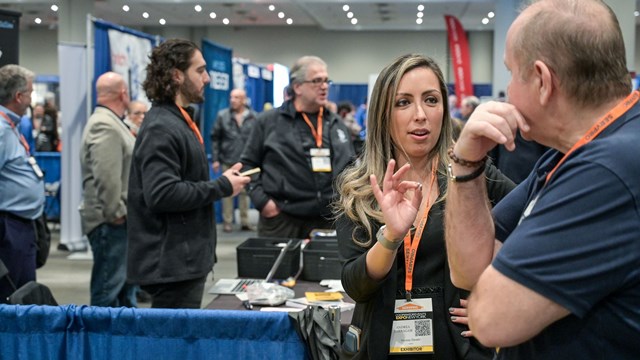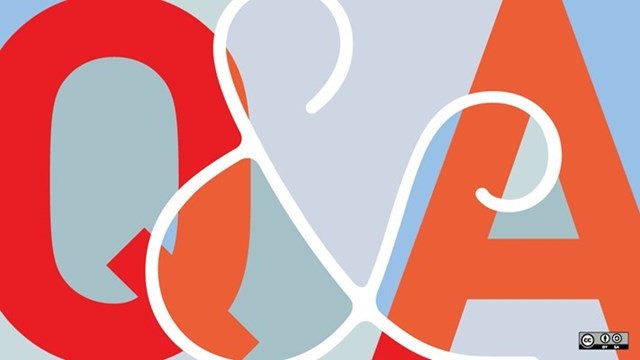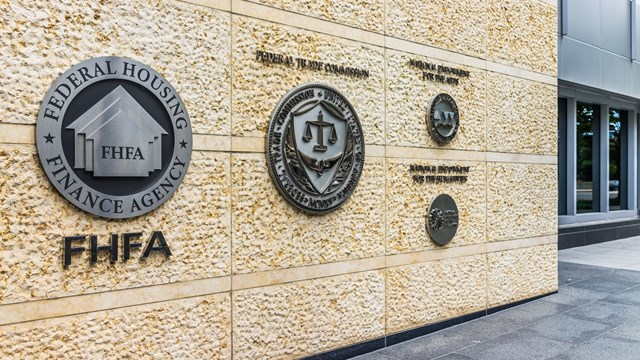
It’s a question we’re asked all the time: "Can we use reserves to cover an operating fund shortfall?" Under normal circumstances, our standard response would be an emphatic “No!”—because reserves are for major repair and replacement projects. But now, in a time of (inter)national crisis, reserves may play a valuable additional role at your association.
Last year, our country went into various degrees of ‘lockdown’ to prevent the rapid spread of the COVID-19 pandemic. The resulting rapid spike in unemployment meant associations experienced—or soon would experience—higher than normal assessment delinquencies. With most communities running on tight budgets even in good times, rising owner delinquencies put the short-term financial health of associations at risk. Yes, the roof might still need to be replaced in five years, but management, insurance, and trash bills all need to be paid now. In times like these, reserve contributions and the reserve fund can also be used to help offset a disruption to essential operating cash flow—but it must be done with caution and care.
Even in the midst of uncertainty, boards still need to act and make wise financial decisions to lead their association. Faced with difficult decisions, the ‘right’ answer may not be clear, because standard best practices simply may not apply. Fortunately, by following a three-step process that flows from the Business Judgment Rule, boards can limit their liability exposure when making what may seem like unorthodox decisions, if documentation shows that those decisions are made:
• In good faith
• In the best interests of the association
• After appropriate due-diligence (seeking wise counsel)
What Do We Do First?
First, it’s important to remember that trying to solve the problem with reserves is not your first step. Begin your belt-tightening, continue your collection (and communication) efforts, and get in touch with your legal counsel to find out if you have any state-law or governing document limitations. Then make sure you’ve gathered current financial information, including financial reports with bank balances, your year-to-date budget, any delinquency reports, and your most recent reserve study. Once all that information is compiled, your board and financial advisors will be better positioned to weigh the options available.
What Are a Board’s Options?
There are three ways reserves can help rescue an association in financial crisis:
• Conserving cash by deferring reserve projects
• Reallocating cash from reserves to operating funds
• Saving cash by bargain shopping
Conserving Cash
In a time of financial scarcity, a good standard rule is to minimize your spending by prioritizing expenses, including reserve projects. But not all projects are equal! Don’t defer projects that will expose owners to even greater problems or expenses—postpone less consequential reserve projects (like new carpet in the rear stairwell, for example). Double-check before replacing the perimeter wood fence; can it last another year with a few repairs? With the clubhouse closed because of the pandemic, is this really the time to spend $50,000 on remodeling it? If cash permits, sure—in fact, it might be a great opportunity to do the remodel when no one is using the clubhouse—but if cash is tight, defer the project to 2022 or 2023. And anything related to maintaining building integrity, like building painting or roof work, should definitely not be put off. Don’t make things worse by risking expensive problems like dry-rot or water damage that could have easily been prevented.
Similarly, projects that protect the best interests of owners (like the central hot water heater, or automobile gate mechanism) are projects that you should perform on schedule. Make sure you spend precious reserve cash only on projects that cannot be readily deferred. And remember: deferred projects don’t represent savings. You’ll still need to do those projects next year.
Reallocating Cash
If your reserve contributions are anywhere close to the 25% of total budget that most associations find is necessary to offset ongoing deterioration and avoid special assessments, you might consider scaling back for a few months. Dropping your contributions by 10% down to 15% immediately offsets a 10% increase in delinquencies. The same effect could be achieved by deferring reserve contributions entirely for a few months. You could also consider a zero-interest loan from reserves to operating.
Consult with legal counsel and your reserve study provider regarding these possible approaches to determine which might be the best fit for your current needs in light of your contribution size, reserve fund size, and upcoming reserve projects. Run some cases on your reserve study software, or ask your study provider to run some cases to document both the borrowing and the repayment plan—there should be no guessing! That repayment might take the form of a single or multiyear special assessment, or higher future reserve contributions, all of which might be minimized by higher-than-normal transfers to reserves next year, when delinquent owners resolve the funds owed to the association.
Saving Cash
Certain industry sectors are offering association clients significant savings at this time—particularly those projects with a high labor component, like roofing, painting, and asphalt work, to name just a few. If the cash is available, now might be a great time to check in and negotiate with your service providers. You may be very encouraged to stimulate the economy, keep their crews working, and enjoy a 5% or even 10% discount on some of your association’s larger projects. Just be careful when updating your reserve plan, as discounts available now will likely not be repeatable in future years.
Final Thoughts
No matter what your association’s current situation, the fact remains that robust, well managed reserves are a crucial component to its long-term financial solvency and physical integrity. So gather information. Confer with your legal counsel. While documenting your process, conserve reserve cash by prioritizing and only spending where the projects have true merit, reallocate cash going into the reserves or already in them (remember to create a repayment plan), or save cash by negotiating with vendors to get some reserve projects done now. No matter what route you take, make decisions that are in good faith, in the best interests of the association, and after investigating your options. It may turn out that one of those options may be a new and valuable use of reserves.
Robert Nordlund is founder and CEO of Association Reserves (www.ReserveStudy.com), and a registered professional engineer. He was involved in creating the 1998 National Reserve Study Standards and is a past chairman of Community Associations Institute’s (CAI’s) Reserve Professionals Committee, past chairman of the Association of Professional Reserve Analysts, and past president of the CAI Greater Los Angeles Chapter. He regularly writes on the topic of reserve studies and is a frequent speaker in industry-sponsored seminars and presentations throughout the United States.









Leave a Comment